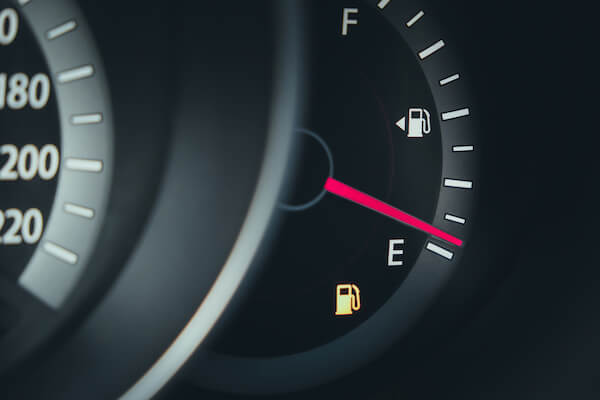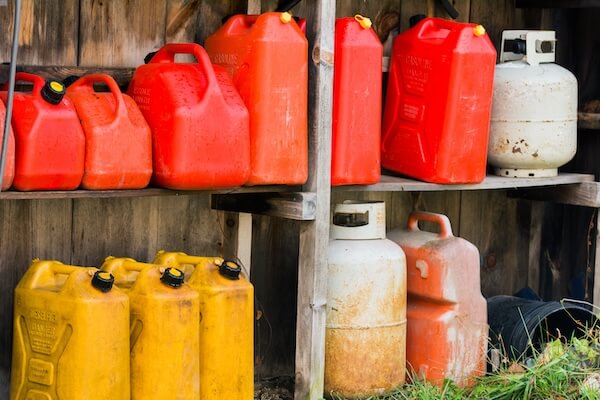Managing your vehicle’s fuel consumption and expenses is not only practical but also essential for budgeting and maintenance purposes. A well-maintained fuel log book, also known as a vehicle log book or mileage log book, is a simple yet effective way to track fuel efficiency, monitor expenses, and ensure timely maintenance. Whether you’re a daily […]
Read moreCategory: Uncategorized
The Best Off-Road Vehicles of All Time
When it comes to conquering rugged terrains and exploring the great outdoors, having the right vehicle can make all the difference. Whether you’re navigating rocky trails or sandy dunes, the right truck or SUV is designed to handle these tough challenges with ease. Let’s take a look at four of the best off-road vehicles of […]
Read moreWhat Type of Gas Should I Put in My Motorcycle?
At the gas station, you have a choice of three grades of gasoline, each with its own octane number rating. While you may think regular, plus, and premium grades are suitable for any motorcycle, it’s important to know the significant impact octane has on performance. This guide will give you insight into the type of […]
Read moreHow Far Can You Drive on Empty?
Few moments induce panic quite like seeing the gas light flicker on while you’re driving. As you glance nervously at the fuel gauge, the question looms: How far can you drive on empty? Understanding your car’s fuel reserve can help alleviate anxiety and ensure a smoother driving experience. In this article, we’ll explore the factors […]
Read moreYour Essential Camping Checklist for Must-Have Gear
Camping is a great way to escape the hustle and bustle of everyday life and immerse yourself in the beauty of nature. Whether you’re a seasoned camper or a newcomer to the great outdoors, having the right gear is crucial for a successful trip. At EZ-POUR®, we understand the importance of being well-prepared, so we’ve […]
Read more7 Essential Tips for Off-Road Driving
Off-roading is one of the more exciting hobbies you can have. It’s a way of life that celebrates adventure and exploration, opening your eyes to places you would otherwise not see. Mastering the art of off-roading requires skill and preparation from seasoned pros and novices alike. Here, you’ll discover 7 essential tips for off-road driving, […]
Read moreOff-Roading Essentials: Gear up for Your Next Adventure
Off-roading isn’t just a pastime; it’s a thrilling journey into the heart of rugged terrain and untamed landscapes. Whether you’re navigating rocky trails, conquering muddy paths, or traversing sandy dunes, having the right gear is paramount for a safe and enjoyable off-road experience. In this guide, we’ll explore the essentials you need to embark on […]
Read moreDiesel and Gasoline Air Heaters for Campervans
Are you planning any overland expeditions? If yes, then a high-quality air heater is one thing your campervan or overland vehicle must have. Keeping a comfortable cabin during your travels will help prevent body aches and fatigue, keeping you energized and motivated for things you want and need to do. Diesel Forced-Air Heaters There are […]
Read moreHedge Trimming FAQs
Hedges are a common plant feature in landscaping. They help border, shape, and frame your property while allowing homeowners many creative freedoms. Maintaining hedges is essential for keeping a well-manicured lawn all year round. Keep reading for the answers to the most common hedge-trimming questions. What Are the Benefits of Regular Hedge Maintenance? Regular hedge […]
Read moreHow to Store Diesel Fuel (And Why It’s Important!)
Diesel fuel has many practical uses outside of powering freight trucks and machinery. Many boats, farming equipment, and certain cars utilize diesel fuel. Adequately storing the diesel fuel allows the machinery to function at a high level. Keep reading to learn how to store your diesel fuel and why it’s necessary to take precautions to […]
Read more









